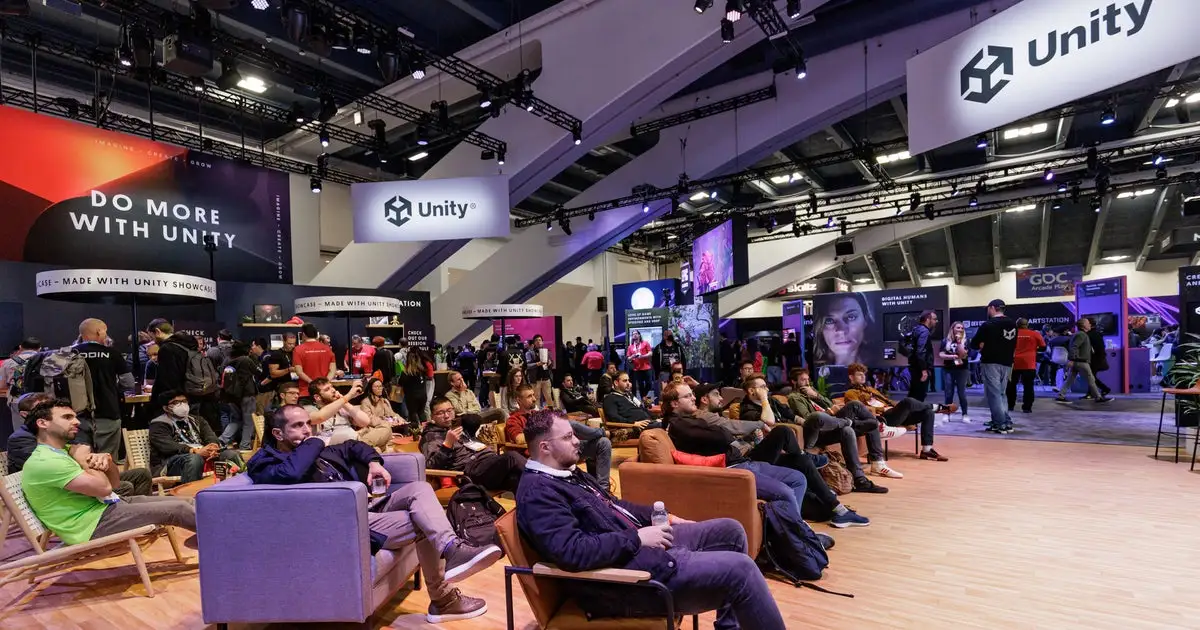- cross-posted to:
- games@lemmit.online
- cross-posted to:
- games@lemmit.online
It’s been almost a full week since Unity announced its controversial Runtime Fee, and the developer backlash continues.
Studios around the world have expressed concerns that the new fee – charging them every time their game is installed after January 1, 2024, providing they meet certain thresholds – threatens to jeopardise the health, or even existence, of their business. And despite subsequent statements from Unity, it’s still not entirely apparent how badly these businesses will be affected.
“The most ridiculous part of this fiasco is that the full effects of Unity’s decision on the business aren’t even clear,” says Ustwo Games chief creative officer Danny Gray. “We’re left astounded that an operation of that size can move forward with such ill-thought-out plans and are now scrambling to make amendments.”



I said it in another thread, but Unity has truly fucked the vendor-client relationship.
While it is a nightmare, you can work with a company that changes its prices and terms, but you absolutely can’t work with a company that pulls this level of BS.
It’s just not safe to have your company so dependent on a vendor that could tank it on a whim.
Pretty much the biggest mistake made due to greed is the decision to retroactively apply thr deals to already existing titles. Its one thing to neuter titles in the future, but another to fuck over everyone whose already committed to using it on a different TOS
Yep. The insanity of thinking you could apply it retroactively to already licensed games was absurd.
If you tied it to a future main version release with features people wanted, you could absolutely get away with some light pushback that’s the usual grumbling on price changes, and a lot of developers would suck it up and move to the up to date engine anyways.
But when you try to pull the rug on people for stuff they’ve already been developing under previous terms, they’re going to seriously reconsider, and on stuff they already published makes it extremely hard to justify working with you again.
Not a lawyer, but I feel like basing the fee on their internal guess on how many installs seems questionable. Surely some major jurisdictions would take issue with that and counting installs from before the new TOS towards the new threshold. Also their contradictory TOS terms at the very least would probably get them an expensive trial, even if they win it.
Yeah, that’s what burns the business relationship. Because now it’s not just “oh, Unity might screw me, and I’m investing in learning what could become a dead platform”, it’s “even if Unity doesn’t screw me now, they could randomly decide to screw me 10 years from now and retroactively charge me a king’s ransom”. That’s the stuff that has a permanent chilling effect on the whole platform.
The reason why Unity refuses to not make it retro-active is because they want money from Genshin Impact etc which already launched. If they don’t make it retroactive then the whole point of the change on their end is gone.